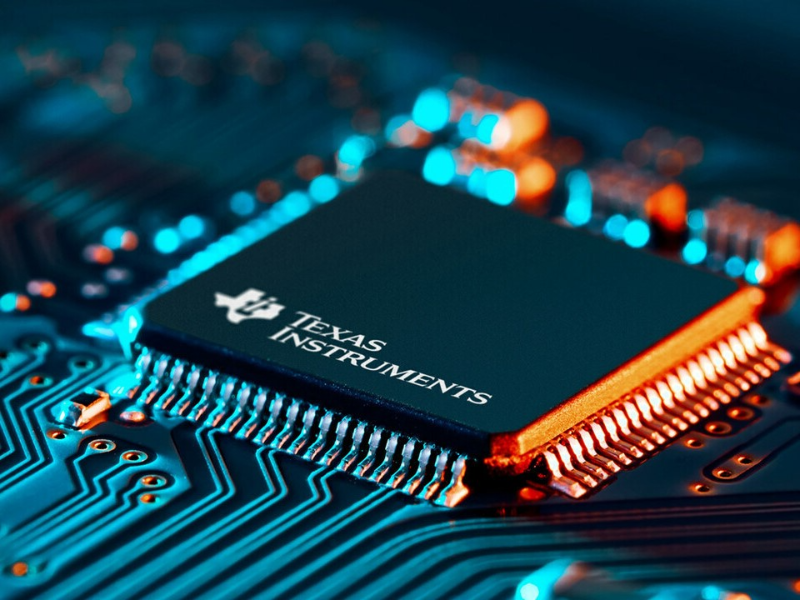- Texas Instruments will receive $1.6 billion from the U.S. Commerce Department under the CHIPS Act to build three new semiconductor facilities.
- The investment aligns with TI’s goal to increase internal manufacturing to over 95% by 2030, contributing to U.S. semiconductor independence.
OUR TAKE
The U.S. CHIPS Act funding for Texas Instruments underscores the importance of mature-node technology in securing the American semiconductor supply chain. This investment is crucial for maintaining competitiveness and supporting essential industries, even though it doesn’t focus on cutting-edge chips. It highlights the strategic value of stabilising key manufacturing sectors.
–Jasmine Zhang, BTW reporter
What happened
Texas Instruments (TI) is set to receive $1.6 billion from the U.S. Commerce Department for constructing three new chip manufacturing facilities under the CHIPS and Science Act. These include two plants in Texas and one in Utah, part of TI’s $18 billion investment through 2029, which will create 2,000 jobs.
Additionally, TI expects $6-$8 billion in tax credits and $10 million for workforce development. This funding supports TI’s strategy to achieve 95% internal manufacturing by 2030, enhancing U.S. semiconductor independence, especially in mature-node technologies.
Also read: Meta’s $1.4B payout in landmark Texas privacy case
Also read: Elon Musk relocates X and SpaceX headquarters to Texas
Why it’s important
The CHIPS Act funding for Texas Instruments is more than just a financial boost; it’s a clear signal that the U.S. is serious about reclaiming its leadership in semiconductor production.
TI’s focus on mature-node technology may not seem flashy, but it’s crucial for the everyday tech we rely on, from cars to home appliances.
This move isn’t just about competing with global giants like China—it’s about securing a stable supply chain for the future. TI’s expansion shows how essential these “boring” chips are to our tech-driven lives.

